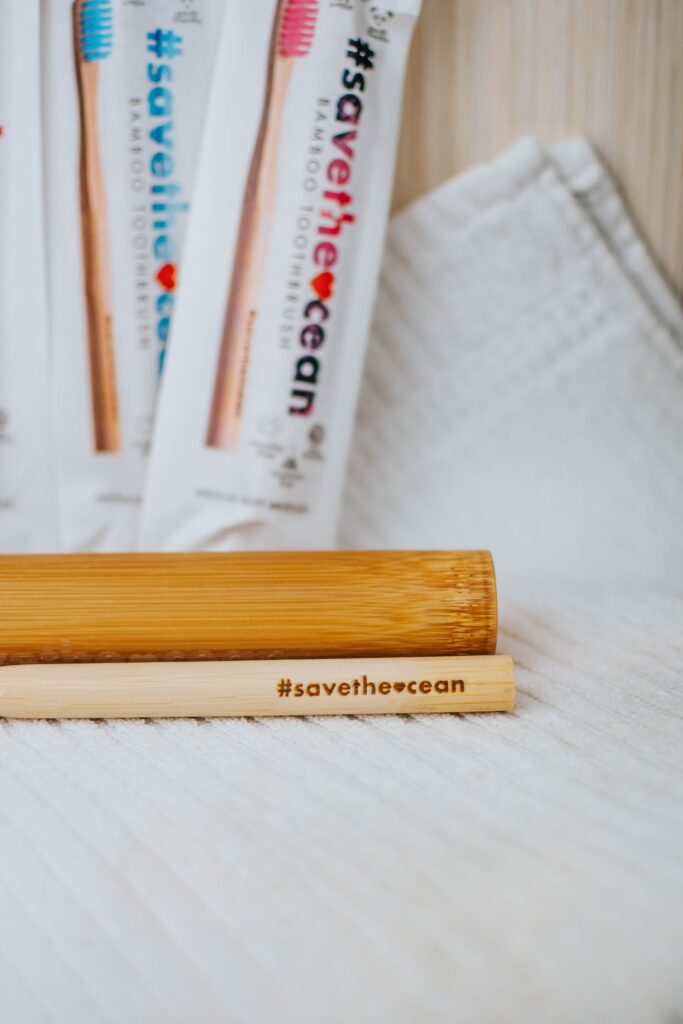Reducing Fats, Oils, and Grease in Your Home or Apartment is crucial in preventing sewer problems and maintaining water quality in your community. By following a few simple dos and don’ts, you can avoid expensive sewer backups, plumbing emergencies, and rate increases for sewer maintenance and repairs. Dos include recycling used cooking oil or properly disposing of it, scraping food scraps into the trash, using a catch basket or screen over the sink drain, rinsing dishes with cold water before putting them in the dishwasher, and checking if your community accepts cooking oil for hazardous waste collections. Don’ts include using a garbage disposal, pouring oils or greases down the sink or toilet, using cloth towels or rags to clean greasy dishware, running water over oily items, and flushing any type of wipe down the toilet. Implementing these practices will not only benefit you but also contribute to a healthier and sustainable environment.

Recycling and Disposing of Cooking Oil
Cooking oil is a common household waste, and it is important to properly recycle or dispose of it to avoid environmental and plumbing issues. The best method for recycling or disposing of cooking oil is to pour it into a sealable container and place the sealed container in the trash. This prevents the oil from leaking and causing contamination. For large amounts of cooking oil, it is recommended to contact a local recycler. Local recyclers can provide guidance on how to properly recycle the oil and prevent it from ending up in landfills.
Another option for disposing of large amounts of oil is to use clay cat litter. By mixing the litter into the oil, it helps to absorb the oil and solidify it. Once all the oil has been absorbed, the cat litter can be placed in a trash bag, sealed, and disposed of with regular trash. This method ensures that the oil is properly contained and does not pose a risk to the environment.
Scraping and Wiping
When it comes to disposing of food scraps, it is important to scrape them into the trash rather than the sink. Food scraps can clog drains and lead to plumbing issues. By scraping them into the trash, you can avoid these problems and ensure that your kitchen sink remains clear and functional.
Before rinsing or washing pots, pans, and dishes, it is recommended to wipe them with dry paper towels. This helps to remove any excess grease or oil on the surfaces, preventing it from going down the drain. Once the paper towels are used, they should be thrown away in the trash. This simple step can make a big difference in reducing the amount of fats, oils, and grease (FOG) that enters the sewer system.
To further prevent the buildup of FOG in the drain, it is advisable to place a catch basket or screen over the sink drain when rinsing dishware. This will catch any small food scraps that may otherwise be washed down the drain. By throwing these scraps in the trash instead, you can avoid clogging the drain and causing plumbing issues.

Rinsing Dishes and Pans
Before putting dishes and pans in the dishwasher, it is recommended to rinse them with cold water. Hot water can melt fats, oils, and grease off the surfaces, which may then solidify and cause clogs in the sewer pipes. By rinsing with cold water, you can help prevent the buildup of FOG in the drain and ensure that your dishwasher operates smoothly.
Avoiding Garbage Disposals
Using a garbage disposal or food grinder may seem convenient, but it is not an effective method for removing FOG. Grinding food up before rinsing it down the drain simply breaks it into smaller pieces, but it does not eliminate the FOG content. Even non-greasy food scraps can still lead to clogs in the sewer lines. It is best to avoid using garbage disposals altogether and dispose of food scraps in the trash instead.

Properly Disposing of Oils and Grease
It is crucial to never pour cooking oil, pan drippings, bacon grease, salad dressings, or sauces down the sink or toilet. These substances can cause blockages in the plumbing system and lead to sewer backups. They should also not be disposed of in street gutters or storm drains, as this can contaminate water sources. It is important to be mindful of how oils and grease are disposed of to protect both the environment and the integrity of the plumbing systems.
Avoiding Cloth Towels and Rags
While cloth towels and rags may be convenient to use when scraping plates or cleaning greasy or oily dishware, it is important to avoid using them. When these items are washed, the grease ends up in the sewer system and can contribute to FOG buildup. To prevent this, it is recommended to use disposable paper towels or other absorbent materials that can be discarded in the trash.
Avoiding Washing Oil and Grease Down the Drain
One common mistake people make is running water over dishes, pans, fryers, and griddles to wash away the oil and grease. This is not an effective method for removing FOG, as the water only pushes the substances further into the drain. Instead, it is best to scrape off excess oil and grease into the trash before washing the items. This simple step can prevent FOG buildup in the drain and avoid plumbing issues.
Avoiding Flushing Wipes
It is important to never flush any type of wipe down the toilet, even if they claim to be flushable. Even flushable wipes only break down into smaller pieces, which can contribute to FOG buildup in the sewer system. These wipes can cause blockages and lead to costly plumbing repairs. It is best to dispose of wipes in the trash to avoid any issues with the sewer system.
Checking for Collection of Hazardous Household Waste
Some cities have programs for collecting hazardous household waste, including used cooking oil. It is advisable to check with your local contact or solid waste service to find out if your community accepts cooking oil. Properly disposing of cooking oil through these programs ensures that it is handled and recycled or disposed of in an environmentally responsible manner.
Small Business and Local Government Assistance
The Texas Commission on Environmental Quality (TCEQ) offers free, confidential assistance to small businesses and local governments to help them comply with state environmental regulations. This assistance can be particularly valuable for businesses and municipalities that generate large amounts of cooking oil waste. By working with TCEQ, these entities can receive guidance on how to properly handle and dispose of cooking oil, reducing their impact on the environment and avoiding potential regulatory issues.
In conclusion, proper recycling and disposal of cooking oil, as well as adopting good kitchen practices to minimize FOG buildup, are essential for environmental protection and the maintenance of functional plumbing systems. By following the recommendations outlined in this article, individuals and communities can contribute to cleaner water sources and avoid costly plumbing repairs.
